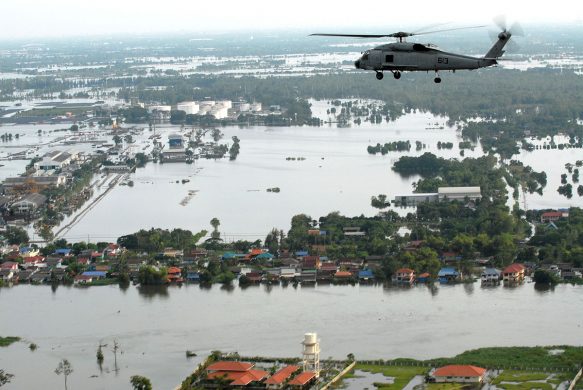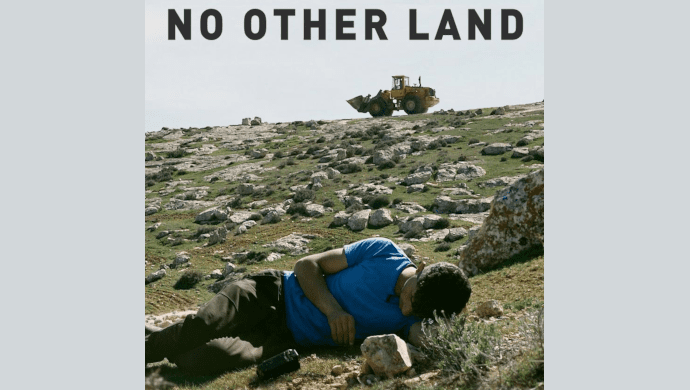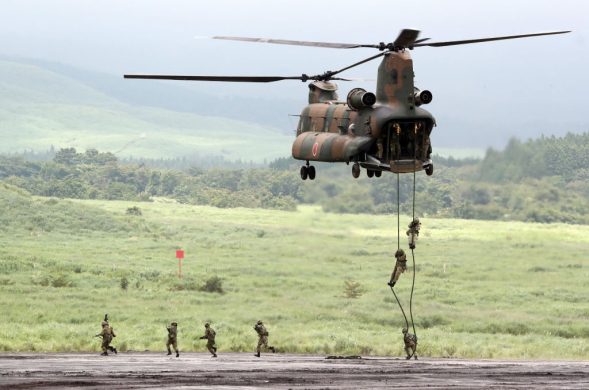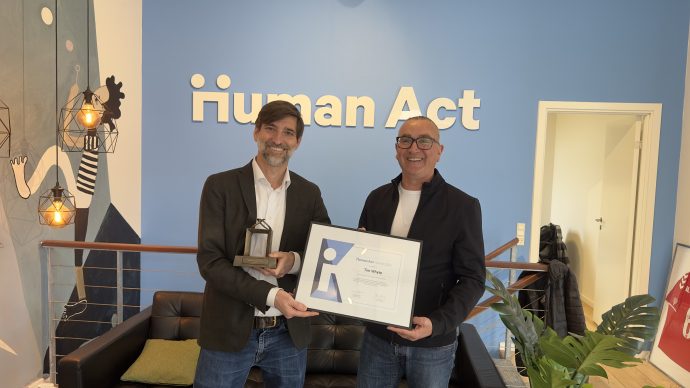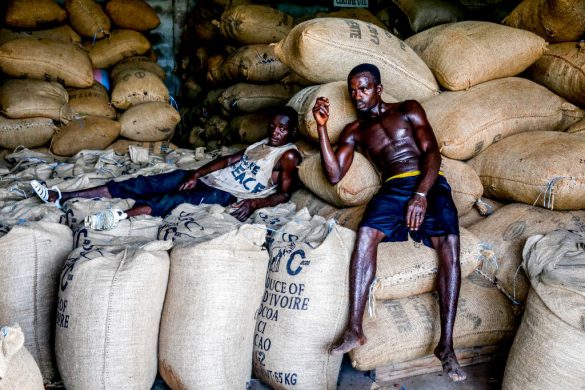En række militærfolk og eksperter har sendt følgende åbne erklæring addresseret til regeringer og statsoverhoveder i hele verden:
We the undersigned members of the international security community conclude that climate change is a risk to international peace and stability. We call on world leaders to address climate risk in their national, regional and international security planning.
• Climate change is already contributing to social upheaval and even violent conflict by making bad situations worse. It places stress on water, food and energy resources. It interacts with existing stresses like poverty, marginalisation, ethnic strife, resource stress and religious differences to drive instability. As competition for already scarce resources increases, climate change could halt or even reverse peace and development gains made over the past decade.
• Climate change promises to make many of the complex crises the world currently faces much harder to solve. Unchecked, the effects of a warming climate will force people from their homes, destabilise societies and markets, create new sources of social and political tension, and even contribute to st
. • Increases in disasters will place additional strain on military and civil response capabilities – often the first responders. Overstretched governments, militaries and humanitarian teams will struggle to respond to supercharged natural disasters. Extreme disasters provide an additional, preventable risk that could drive further fragility and conflict in vulnerable regions, and make existing conflicts harder to stabilise.
• Integration of climate risk across the whole of government and the holistic management of crises will help maintain stability in the face of the worsening impacts of climate change and ongoing security challenges, and can help protect and improve people's safety, health and livelihoods.
• Geopolitical dynamics may change and domestic contexts may shift, but robust security within nations, across borders, and around the world is impossible without building climate resilience, and incorporating climate risk into military operations, tactics, strategy and training. Addressing climate security risks in alliances and major international forums is essential: in the North Atlantic Treaty Organization, the African Union, the Association of Southeast Asian Nations, the Organization of American States, the South Asian Association for Regional Cooperation and the UN Security Council, as well as building on the efforts of the G7 foreign ministers through the A New Climate for Peace project.
• We call on world leaders to build on the exemplary international action on climate change achieved in 2015. We must think beyond energy policy, and integrate climate risk into national, regional and international security planning in a way that is commensurate with the risks.
Se underskrivere i nedenstående link.

